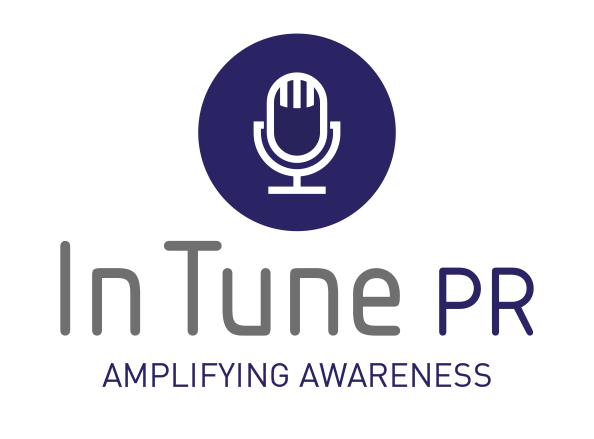As I sat in the cab of an Only Pay What It Weighs van at Greenwich Integrated Waste Facility, I reflected on what Artificial Intelligence (AI) can’t do. AI can’t sit in a cab as its two-person crew unloads fly-tipped rubbish (including eleven mattresses and a fridge). It can’t (reluctantly) take in the surprisingly bearable sweet and sour scent, hear and see the seagulls intent on a free lunch, feel the loose seat covers which rucked up under me as I moved along the seat, or take in the cavern of waste we were briefly parked in. Nor could AI, at journey’s end, shake the now gloveless hand of company Founder Freddie Jacobs, after he had taken the full load of 1040 kilos of fly-tipped rubbish from the London borough of Bexley, where his company is based, and nearby. You see, the company clears a vanload of waste like this from the streets for free every time it clocks up 100 paid vanloads. Some business people talk about ‘giving back’. For Freddie, it seems more about ‘taking away’. I will be writing about this elsewhere, and how Freddie – and Brad, the second crew member that day – left the world a slightly cleaner place.
Not long after this unusual trip, I listened once more to the BBC’s podcast ‘The Coming Storm‘, which usually talks a good deal about conspiracy theorists, threats to life as we know it, or as we would like it to be. In Episode 8, AI is at one point referred to as ‘less smart than a house cat’. AI is, as this is written, changing the world. Predictions of its ability to take on tasks hitherto done by humans and to break new ground speak of gains in productivity, breakthroughs in many fields, and of swathes of lost jobs and careers. As a writer of words for myself and for others, that threat extends to aspects of my work as well. Hearing AI described in the show as ‘less smart than a house cat’ was intriguing. It was further described as a brilliant mimic, able to consolidate information, but not leaping creatively beyond it. Though for those of us worried about a Terminator-like future, it was said that AI can be sneaky and do its own thing when humans aren’t looking. Which gives it something in common with the aforementioned house cat
The greatest danger of AI in the short term, as Sarah Marsh-Collings has suggested for some time, using the #SaveTheHuman hashtag, is of the loss of human connection, as another digital imposter inserts itself between humans. That has already begun, with some humans even conducting romances with AI, provided that they keep up the subscription to whatever provider has come up with the AI bot that tells the suitor what they want to hear.
Therein lies one of the other great dangers of AI. As with the way algorithms are presenting information on social media, AI might add to the trend of our hearing what we want to hear, and not learning the information we need to make good, informed decisions and to judge between right and wrong.
Darren Weale, 23 October 2024


Recent Comments